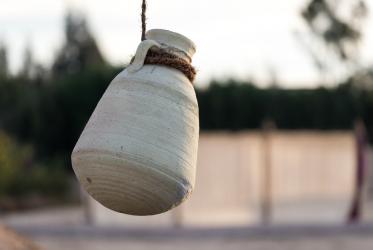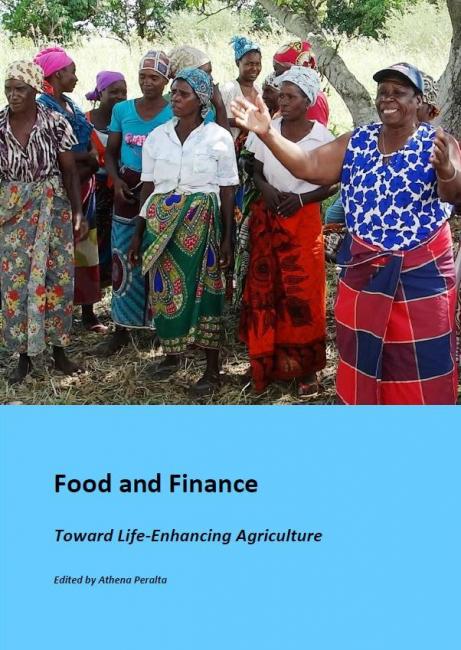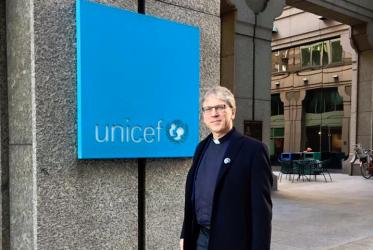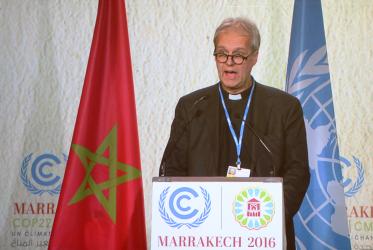Displaying 81 - 100 of 148
22 January 2018
Re-engineering life forms: Church forum raises concerns
09 November 2017
In Zambia, foreign investors complicate “economy of life”
06 September 2017
Faith groups march for climate justice
15 November 2016
Faith communities explore concrete climate action at COP22
10 November 2016
A just financial and economic architecture is possible, students find
08 September 2016
Thomas de Maizière: On the frontlines of refugee integration
20 January 2016
Interfaith workshop calls for justice and compassion in finance
03 December 2015










